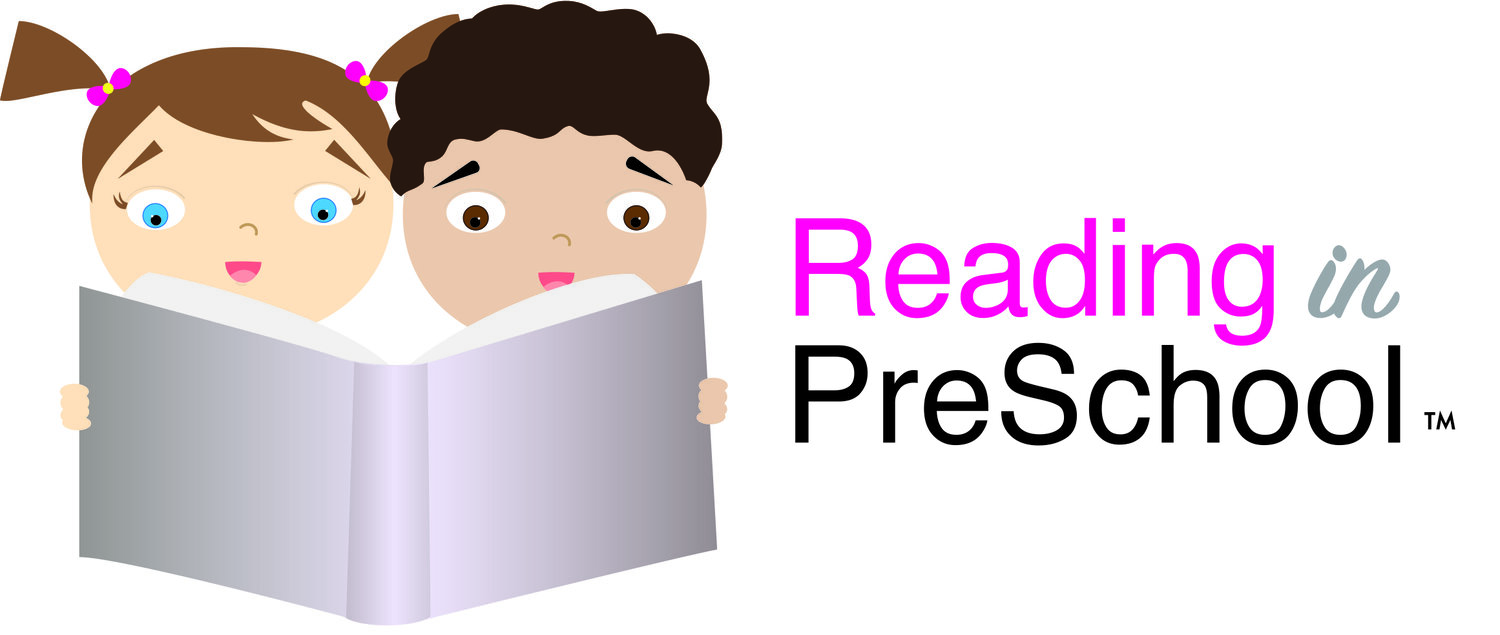Whole Language vs. Learning to Read with Phonics
"There are two main schools of thought about learning to read. One approach is called the whole language approach, and is widely used in the schools. If you have seen giant word walls on your child's classroom bulletin board, there is some degree of whole language instruction going on. The other is referred to as phonics.
The whole language approach focuses on meaning and strategies over decoding skills (sounding out the words). Whole language approaches embed phonics principles into other types of instructions instead of teaching the rules on their own. Kids read regular, off-the-shelf books. This means that some of the words can't be sounded out easily, and need to either be memorized or figured out from context. Kids are encouraged to figure out meaning using a variety of reading strategies: looking at pictures, thinking about context, finding word patterns (also known as word families), recognizing sight words, and more.
Phonics programs, in contrast, give their greatest focus to learning how to decode words. They offer a very structured approach to learning that does not assume kids will automatically pick up on patterns or rules, but teaches them in a step-by-step, logical format. Phonics programs use basal readers, which are specially written to help kids learn certain phonics rules. One of the great strengths of phonics approaches is that a child who masters the rules has the tools to sound out any word, regardless whether he has ever seen it before." -Kelli Pearson
"The Reading In Preschool program is a mostly phonics based program that works for every child. That being said, it's a new and improved phonics approach that we've tried and proven after years of experience with teaching ages 2.5 through 8. We've done our best to make sure the books and lessons are fun, and more exciting than the old phonics books that were used in schools many years ago. Games are also incorporated into our classes.
Most children learn very quickly with this program and have fun learning too. We have seen many children who struggle with the whole language approach used in schools, come and use our program and excel with our reading approach. We help children get on track, so that they don't get lost when are in school using the whole language approach.
